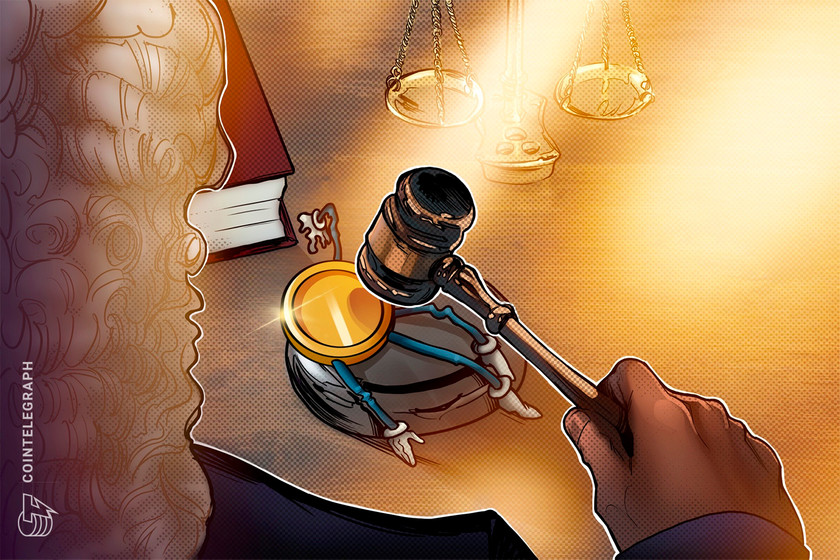73.3% of Q1 rug pulls happened on BNB Chain: Immunefi


Rug pulls and other frauds made up a small percentage of losses compared to hacks and exploits, the report stated.
BNB Chain was the king of rug pulls in the first quarter of 2023, with over 73.3% of such scams in the entire crypto ecosystem happening on the network, according to an April 4 report from blockchain security firm Immunefi.
The report, titled “Crypto Losses in Q1 2023,” investigated a variety of crypto hacks and scams in the first quarter of the year. It found that Ethereum and BNB Chain were the two largest targets for hackers and scammers, with 68.8% of total losses from these networks combined. BNB Chain, in particular, made up 41.3% of total losses from hacks and scams.
One type of scam, in particular, reigned supreme on BNB Chain: rug pulls, a type of scam where developers raise funds and then close up shop without delivering a product or service. Immunefi stated that 73.3% of all rug pulls in the crypto ecosystem happened on BNB Chain in the first quarter.
Related: Uniswap launches on BNB Chain ecosystem to drive growth and liquidity
Immunefi tech Lead Adrian Hetman speculated that the large number of rug pulls on the chain may be due to a culture that promotes forking open-source code:
“BNB Chain still has a serious issue with developers using forked code. Its community lacks a security-first approach and attracts many users looking for a quick way to earn money. That’s why we continue to see the biggest number of exploits and rug pulls in this ecosystem.”
Despite the prevalence of these scams on BNB Chain, Immunefi also stated that rug pulls and other frauds are a much smaller problem in the crypto community than hacks or exploits. Hacks were the “predominant cause” of losses in Q1 2023, the report said, whereas all frauds combined (including rug pulls and other scams) made up only 4.3% of total losses.
The first quarter of 2023 has seen spectacular hacks and exploits, draining millions of dollars from decentralized finance (DeFi) protocols. On Feb. 1, the DeFi lending app BonqDAO was the victim of an oracle hack, losing $120 million in crypto. On Feb. 17, decentralized exchange aggregator Dexible was hacked for over $2 million. And on March 13, Euler lost over $195 million of crypto in the largest DeFi attack of the quarter.





















